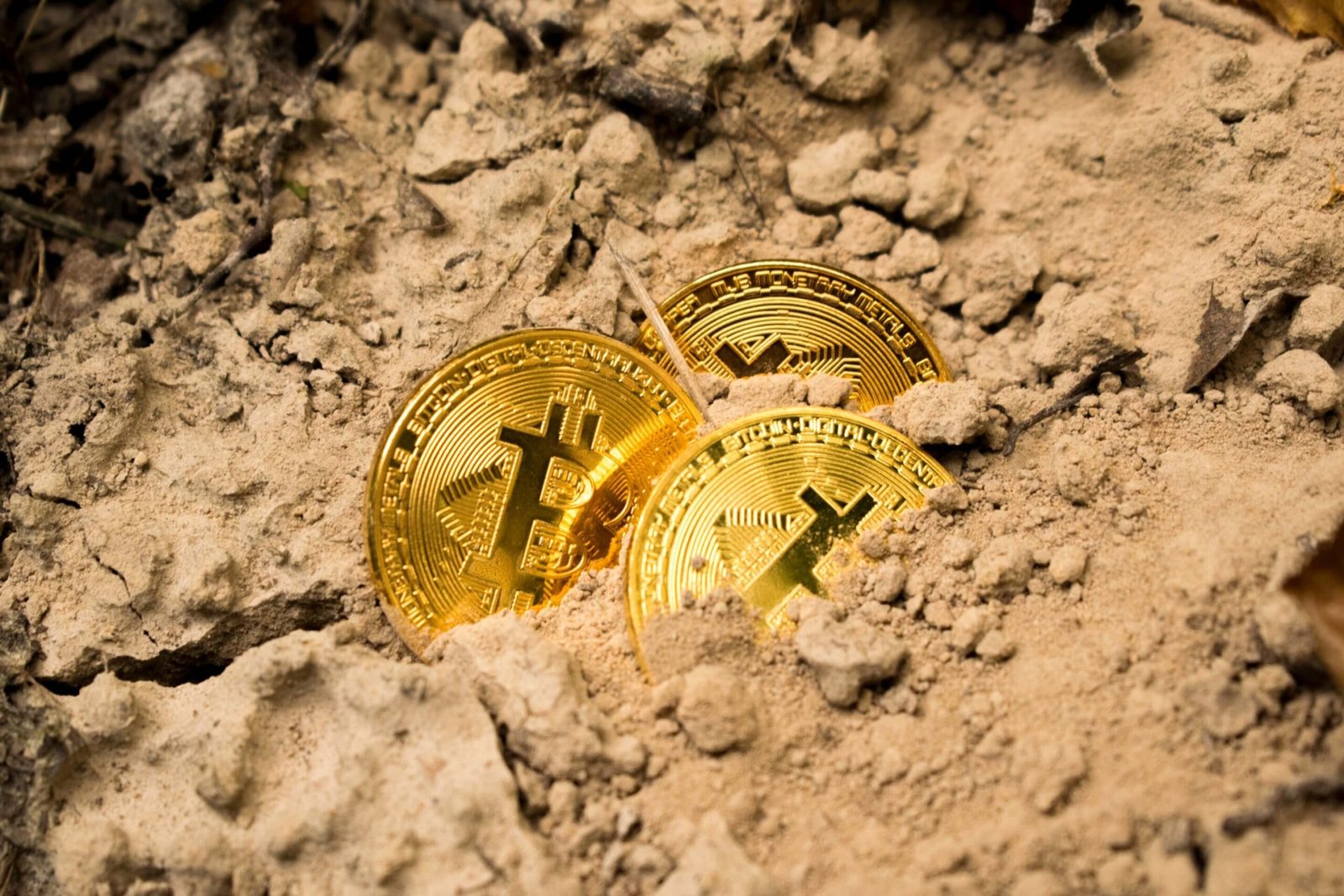El Salvador needs to construct a Bitcoin metropolis on the base of a volcano
After changing its national currency to Bitcoin and enforcing mandatory acceptance at businesses in September, El Salvador is looking to up the ante by building a “Bitcoin City” at the base of Conchagua volcano in the country’s eastern La Union region.
Announced by President Nayib Bukele on November 20 as part of a weeklong promotional event for Bitcoin, construction on the totally circular (as in, shape-wise) city is expected to begin in 2022. Bukele touted that the city would contain everything that it is expected to, including restaurants, shops, housing, an airport, and a central plaza in the shape of the Bitcoin logo. Most importantly, the new city is being positioned as a site of international investment because of its lack of taxes; residents and visitors alike will only have to pay value-added tax (VAT).
As for the future’s city siting, that’s part and parcel with Bitcoin’s stupendous energy requirements. Mining for Bitcoin requires tasking specialized equipment with performing what are essentially math equations to unlock a new coin—processing and verifying a transaction on the blockchain uses that processing power, and it’s estimated that one transaction requires about $100 worth of electricity to complete, and the entire network currently consumes more electricity annually than the country of Finland. The difficulty of mining a coin increases as more coins are mined, meaning that Bitcoin will need ever more and more computing power (and electricity).
Enter volcanic geothermal power, which the Bukele administration is banking on to curb Bitcoin’s massive carbon footprint. El Salvador had already set up a working prototype near Tecapa volcano last month, although the returns thus far have been paltry. The actual technology involved isn’t too far-fetched, as El Salvador is home to 30 volcanoes, 20 of them active, and the country currently produces a quarter of all electricity from geothermal power.
As for financing the city, El Salvador and digital asset infrastructure company Blockstream plan on releasing $1 billion in “Bitcoin Bonds” in 2022, possibly as soon as 60 days from now. Half of the money will be used to buy mining and power infrastructure, while the other half will go toward buying Bitcoins. Investors would receive 6.5 percent annual returns, and for a five-year period, that $500 million in Bitcoin would be kept in reserve to drive prices up.
Of course, this plan is predicated on the hope that Bitcoin prices will continue to rise; today, one BTC is worth approximately $56,700, up nearly $40,000 for the year but still down from its all-time high of $67,500 on November 8. Samson Mow, chief strategy officer of Blockstream, reportedly said that he expects Bitcoin to reach $1 million each by the time the five-year freeze is over, easily allowing investors to recoup their money.
El Salvador’s Bitcoin City isn’t even the first urban cryptocurrency development to make headlines in the last year. Pop singer Akon laid the groundwork for the eponymous Akon City in Senegal last year, a smart city that would run on proprietary cryptocurrency “AKoin,” but work reportedly hasn’t progressed at all after a ceremonial block was lain in a field more than a year ago. Even though the first Akon City could end up being vaporware, the Ugandan government is already in talks to develop a second.




